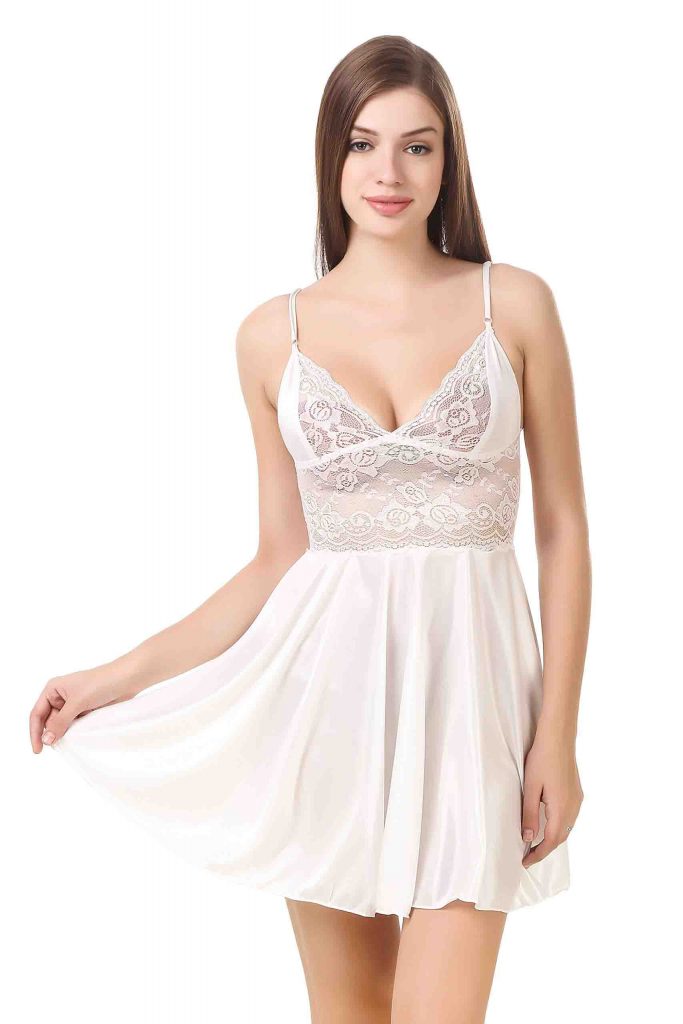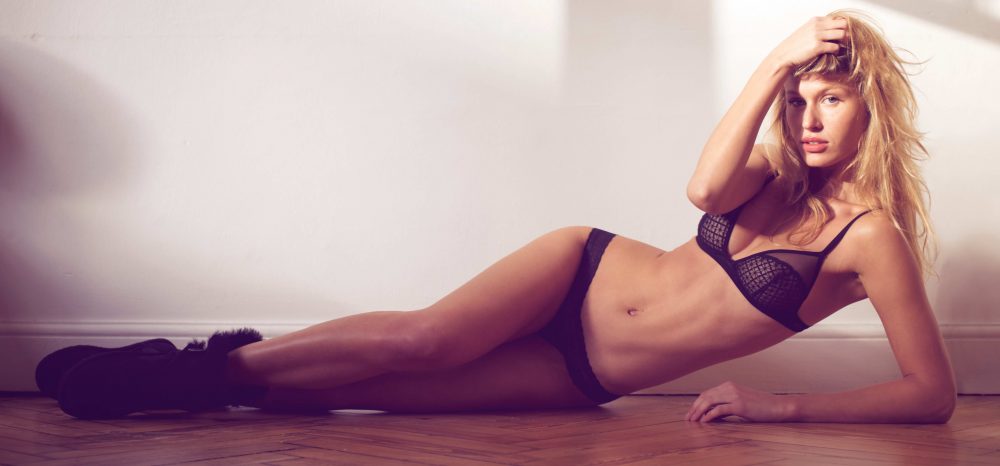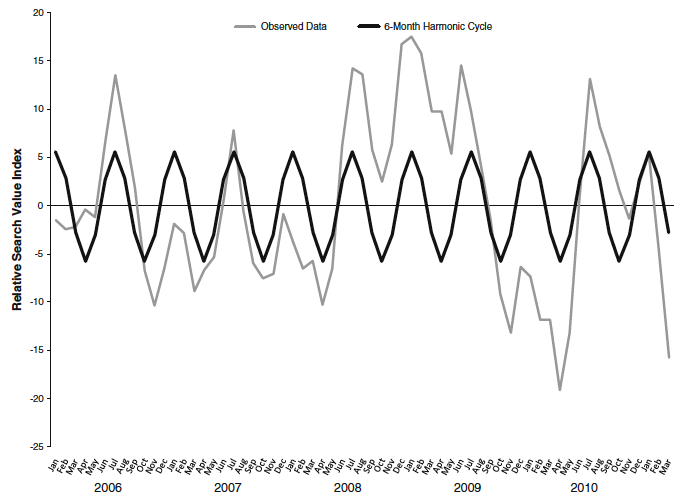If you have a secret wish of investing your time with stunning and sexy women and you do not understand exactly how you can get them, then you can try cheap escorts in London service for that. Making use of inexpensive escorts in London service, you will certainly not only get stunning and attractive girls, but you will get many other benefits additionally. Below, I am sharing some factors due to which you ought to take the solution of affordable as well as sexy escorts in London for your enjoyment or fun.
Easy to obtain: If you want to get attractive women utilizing this solution, then you need to call the business that offer this experience to you in a low-cost rate. Afterwards you can  quickly obtain beautiful as well as sexy escorts in London woman for your enjoyment as well as you can obtain her at affordable rate additionally. This is really easy process and also you can not have this type of freedom in various other alternative. Also, in this procedure, you do not need to lose your time in following ladies as they come for your solution you on your call.
quickly obtain beautiful as well as sexy escorts in London woman for your enjoyment as well as you can obtain her at affordable rate additionally. This is really easy process and also you can not have this type of freedom in various other alternative. Also, in this procedure, you do not need to lose your time in following ladies as they come for your solution you on your call.
Numerous enjoyments: When you will certainly call low-cost escorts in London for your satisfaction, then you can have numerous points from them. They can work as dating partner for you, they can use sexual massage therapy to you as well as you can enjoy numerous other things also. These several satisfaction can consist of some of those points also that you have in your mind. That indicates if you have something special for your satisfaction after that you can share that with economical escorts in London and also they will certainly provide that satisfaction to you under this service.
Lots of women: In escorts in London service, you can obtain numerous ladies as well as you can obtain them all the low-cost expense. In a typical situation you might end up sticking to a woman that look ok to you. Nonetheless, in escorts in London solution you can have fantastic pleasure and also you take pleasure in great time with beautiful women while enjoying with them. Likewise, you can get numerous alternatives for choice of women and that gives you guarantee of even more satisfaction.
No difficulty: while appreciating your time using affordable escorts in London solution, you don’t need to give any dedication to ladies, neither you need to worry about any issue. In this process, you just need to pay the set total up to them and after your date is over you can state great bye to each other. After that you will certainly never ever hear from that lady unless you will call her. That means you will never ever get any … read more











